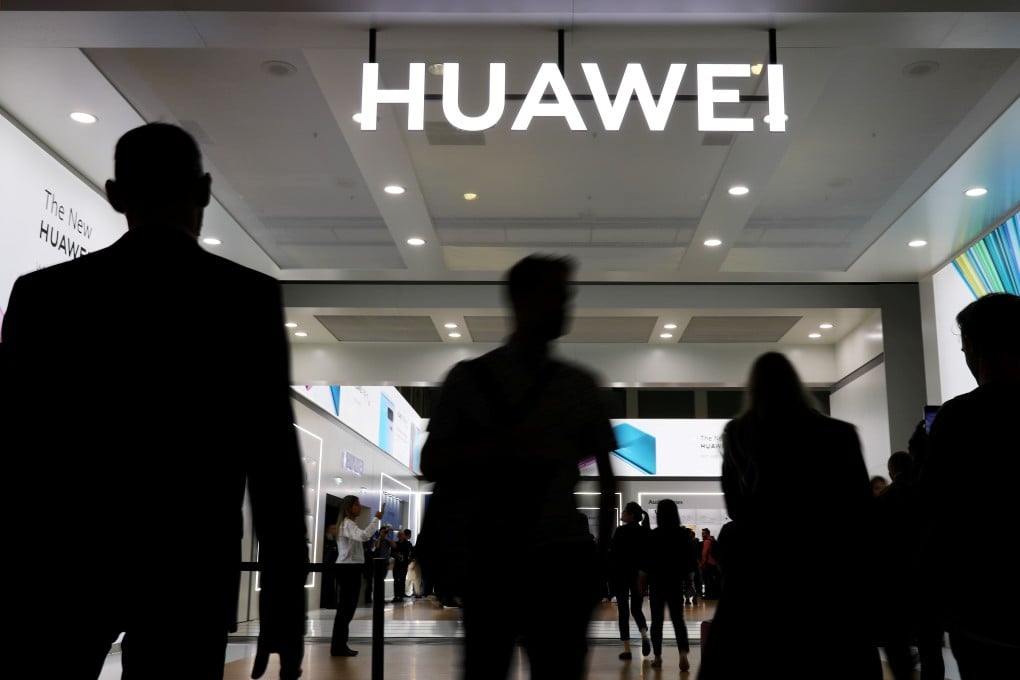Huawei diversifies business with new focus on ports, data centres, highways, solar industry amid stifling US sanctions
- The telecoms giant has established four new business units to ramp up efforts to diversify its operations, as the company struggles with US trade sanctions
- It marks Huawei’s latest tactical move to expand its revenue sources, while working to stay relevant in the smartphone and telecoms carrier equipment markets

The new units are focused on digital transformation products and services for customs and ports; technologies to reduce the energy consumption of data centres; and smart systems for highways and the photovoltaic industry.
“Operating as independent legions, [the new units] break the existing organisational boundaries [in Huawei] so they can quickly gather resources … improving efficiency,” Ren said in the internal announcement. “[Each of these units] should dig deep into one field, be responsible for its business success and produce more ‘food’ for the company.”

05:22
Huawei founder on cybersecurity and maintaining key component supply chains under US sanctions
Xun Su, an executive who has worked at Huawei for more than 20 years, was named head of the new customs and ports unit. Yang Yougui, previously president of Huawei’s Middle East regional office, now heads the data centre energy efficiency unit. Ma Yue and Chen Guoguang serve as the heads of the smart photovoltaic and smart highway units, respectively.
It remains unclear how the new business units will be positioned alongside Huawei’s core consumer, carrier and enterprise operations.